As is known to all, glucose is our energy's main source. Hypoglycemia is defined as the fact that people's blood sugar level is lower than normal.
Once the happenings of hypoglycemia become more common, the symptom is prone to become changes. In the early stage of diabetes, obvious symptoms cover palpitation, shakiness, sweating, fatigue, hunger, and weakness. What's worse, people with serve symptoms will suffer from a lack of concentration, restlessness, irritability, impaired cardiovascular system and nervous system damage.
Reasons behind hypoglycemia
1. Insulin
Low blood sugar may be referred to as an insulin reaction, or insulin shock. Insulin is the main cause to allow hypoglycemia to happen. Generally speaking, the time when blood sugar reaches its peak is closely related to the type of food people eat. The peak time of carbohydrates, main dishes, is 30-60 minutes after eating; the peak time of protein, such as meat, seafood, milk, beans, nears 3 hours after eating; while the fat reaches the highest level after 4 hours. As such, there is a need for people to decide the right time to inject insulin based on the time when people eat. In this way, it can deliver sound results.
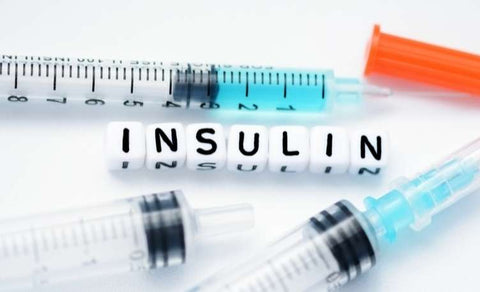
Delayed peak insulin secretion after a meal will lead to hyperglycemia after eating as well as hypoglycemia before eating. As a result, hypoglycemia can be regarded as abnormal glucose metabolism at an initial stage. It should be mentioned that hypoglycemia does not mean people will suffer from diabetes. If possible, people can check their body status in the hospital, covering oral glucose tolerance test and glycosylated hemoglobin (HbA1c) test.
2. Physical activity
Although exercise boasts various benefits, people with type 1 diabetes are likely to lower blood sugar in the short and long-run. A study showed that roughly half of the children with type 1 diabetes who exercised one hour per day experienced a low blood sugar reaction suddenly. At the same time, the intensity, duration and timing of exercise can exert impacts to lower blood sugar.
3. Excessive alcohol drinking.
Drinking heavily without eating is able to block people's liver from releasing stored glucose into bloodstream, resulting in hypoglycemia.
Solutions and preventions
People should foster the habit of testing blood sugar at times. Diabetic patients with hypoglycemia are needed to monitor fast blood sugar (in the morning, before eating), blood sugar before and after meals. Sinocare Blood Glucose Monitor Safe-Accu is a sound choice for people to check their blood sugar.
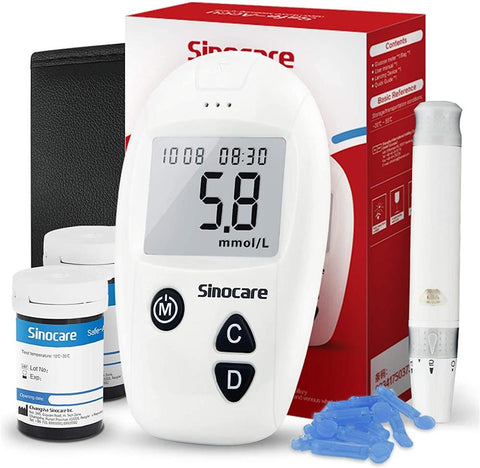
Besides, carbohydrates should be provided in time if hypoglycemia does happen. 15g carbohydrates usually are more favorable, such as 3 pieces of soda biscuits, 1 sliced bread, two hard candies, a can of coke and a small glass (50ml) of orange juice, which can be applied under various situations.
To prevent this symptom, people can also adopt the way of less food and more times. When the amount of food maintains the same quantity, 3 meals a day can be divided into 4 to 5 meals, helping relieve the discomfort from hypoglycemia.
In the end, doctors' medicine guidelines should be followed, such as acarbose, which can slow down the absorption of carbohydrates, thereby relieving the symptoms of hypoglycemia.
Once the happenings of hypoglycemia become more common, the symptom is prone to become changes. In the early stage of diabetes, obvious symptoms cover palpitation, shakiness, sweating, fatigue, hunger, and weakness. What's worse, people with serve symptoms will suffer from a lack of concentration, restlessness, irritability, impaired cardiovascular system and nervous system damage.
Reasons behind hypoglycemia
1. Insulin
Low blood sugar may be referred to as an insulin reaction, or insulin shock. Insulin is the main cause to allow hypoglycemia to happen. Generally speaking, the time when blood sugar reaches its peak is closely related to the type of food people eat. The peak time of carbohydrates, main dishes, is 30-60 minutes after eating; the peak time of protein, such as meat, seafood, milk, beans, nears 3 hours after eating; while the fat reaches the highest level after 4 hours. As such, there is a need for people to decide the right time to inject insulin based on the time when people eat. In this way, it can deliver sound results.

Delayed peak insulin secretion after a meal will lead to hyperglycemia after eating as well as hypoglycemia before eating. As a result, hypoglycemia can be regarded as abnormal glucose metabolism at an initial stage. It should be mentioned that hypoglycemia does not mean people will suffer from diabetes. If possible, people can check their body status in the hospital, covering oral glucose tolerance test and glycosylated hemoglobin (HbA1c) test.
2. Physical activity
Although exercise boasts various benefits, people with type 1 diabetes are likely to lower blood sugar in the short and long-run. A study showed that roughly half of the children with type 1 diabetes who exercised one hour per day experienced a low blood sugar reaction suddenly. At the same time, the intensity, duration and timing of exercise can exert impacts to lower blood sugar.
3. Excessive alcohol drinking.
Drinking heavily without eating is able to block people's liver from releasing stored glucose into bloodstream, resulting in hypoglycemia.
Solutions and preventions
People should foster the habit of testing blood sugar at times. Diabetic patients with hypoglycemia are needed to monitor fast blood sugar (in the morning, before eating), blood sugar before and after meals. Sinocare Blood Glucose Monitor Safe-Accu is a sound choice for people to check their blood sugar.

Besides, carbohydrates should be provided in time if hypoglycemia does happen. 15g carbohydrates usually are more favorable, such as 3 pieces of soda biscuits, 1 sliced bread, two hard candies, a can of coke and a small glass (50ml) of orange juice, which can be applied under various situations.
To prevent this symptom, people can also adopt the way of less food and more times. When the amount of food maintains the same quantity, 3 meals a day can be divided into 4 to 5 meals, helping relieve the discomfort from hypoglycemia.
In the end, doctors' medicine guidelines should be followed, such as acarbose, which can slow down the absorption of carbohydrates, thereby relieving the symptoms of hypoglycemia.


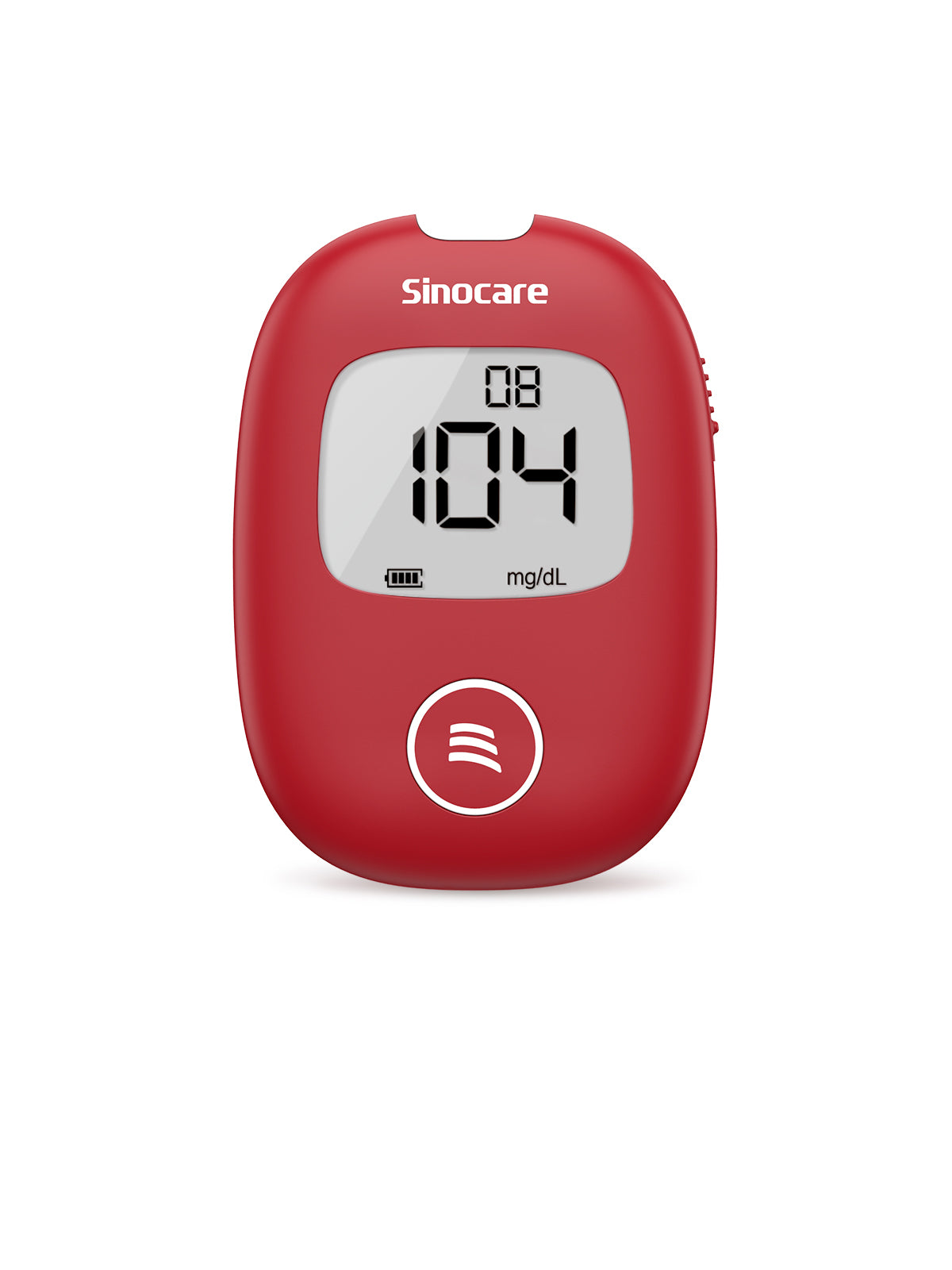
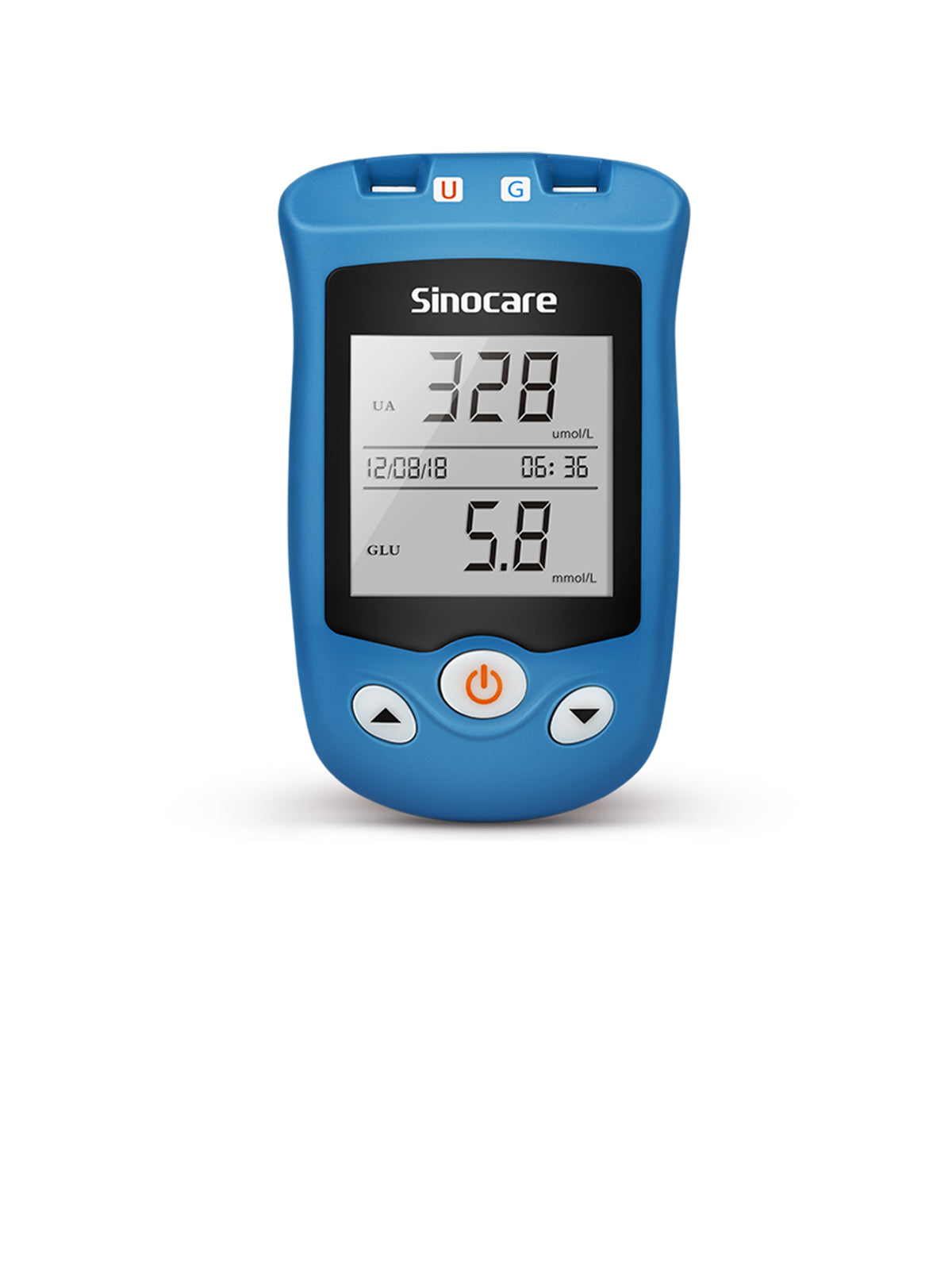
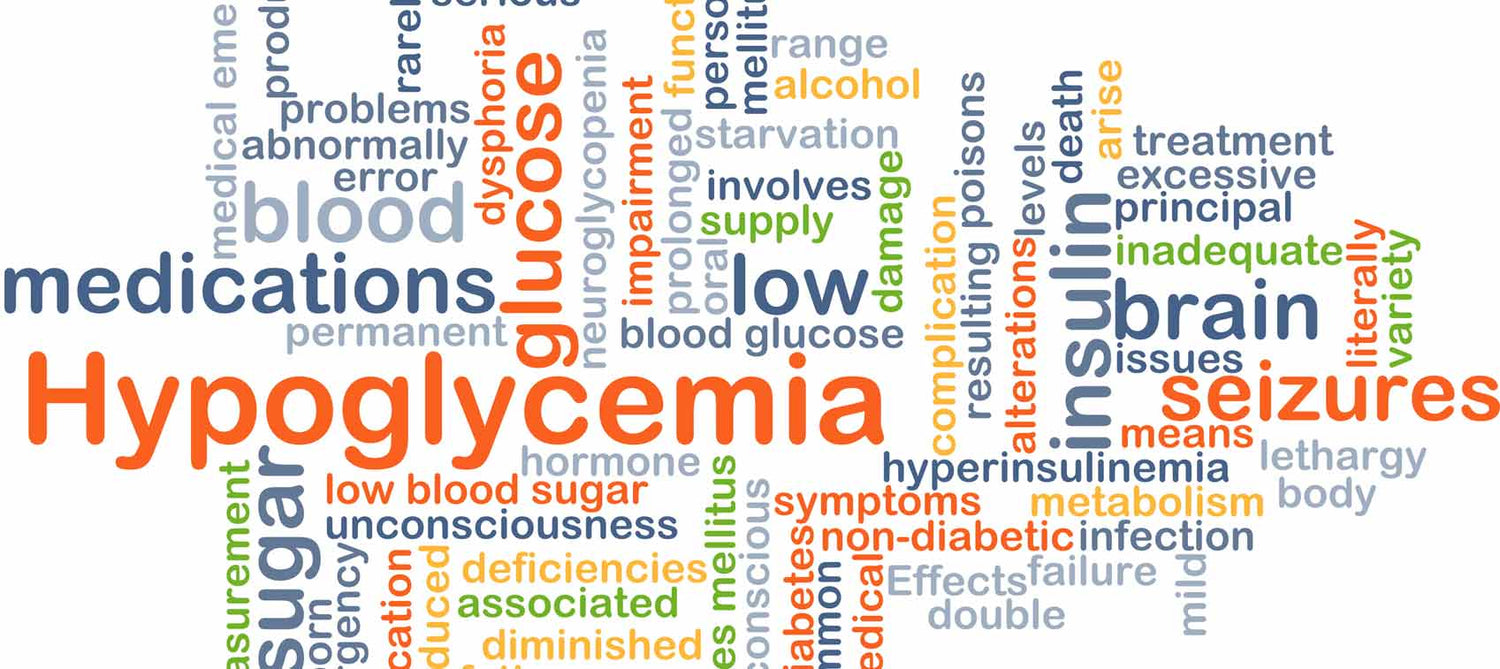
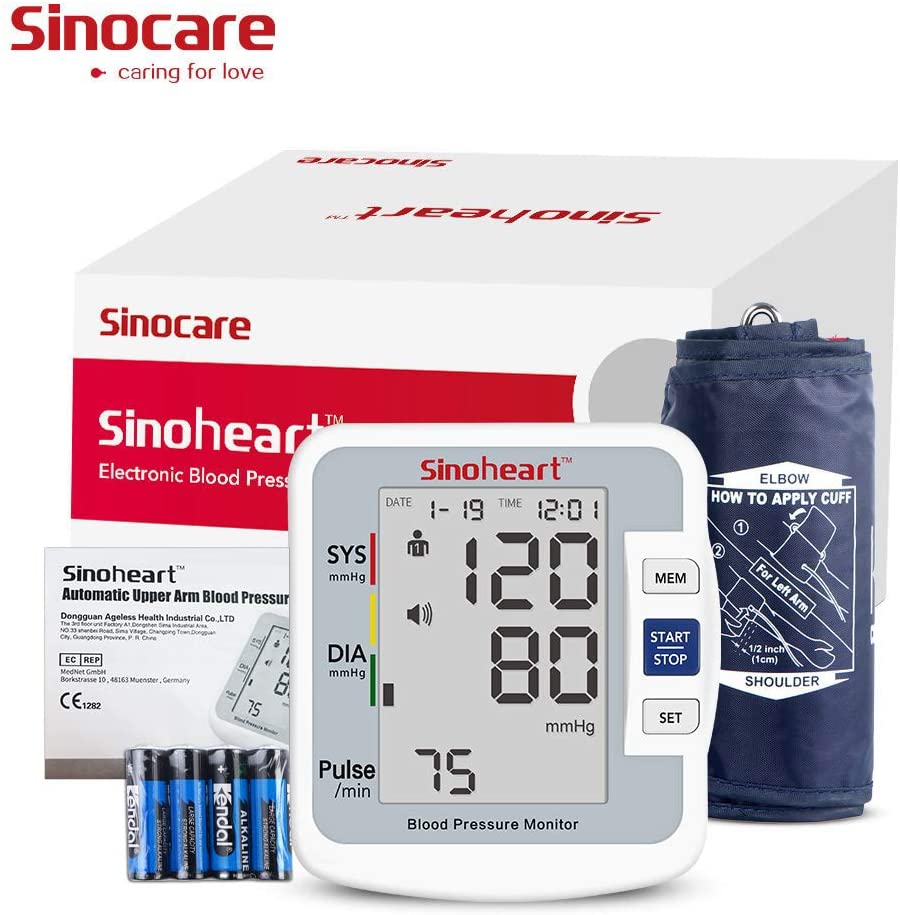
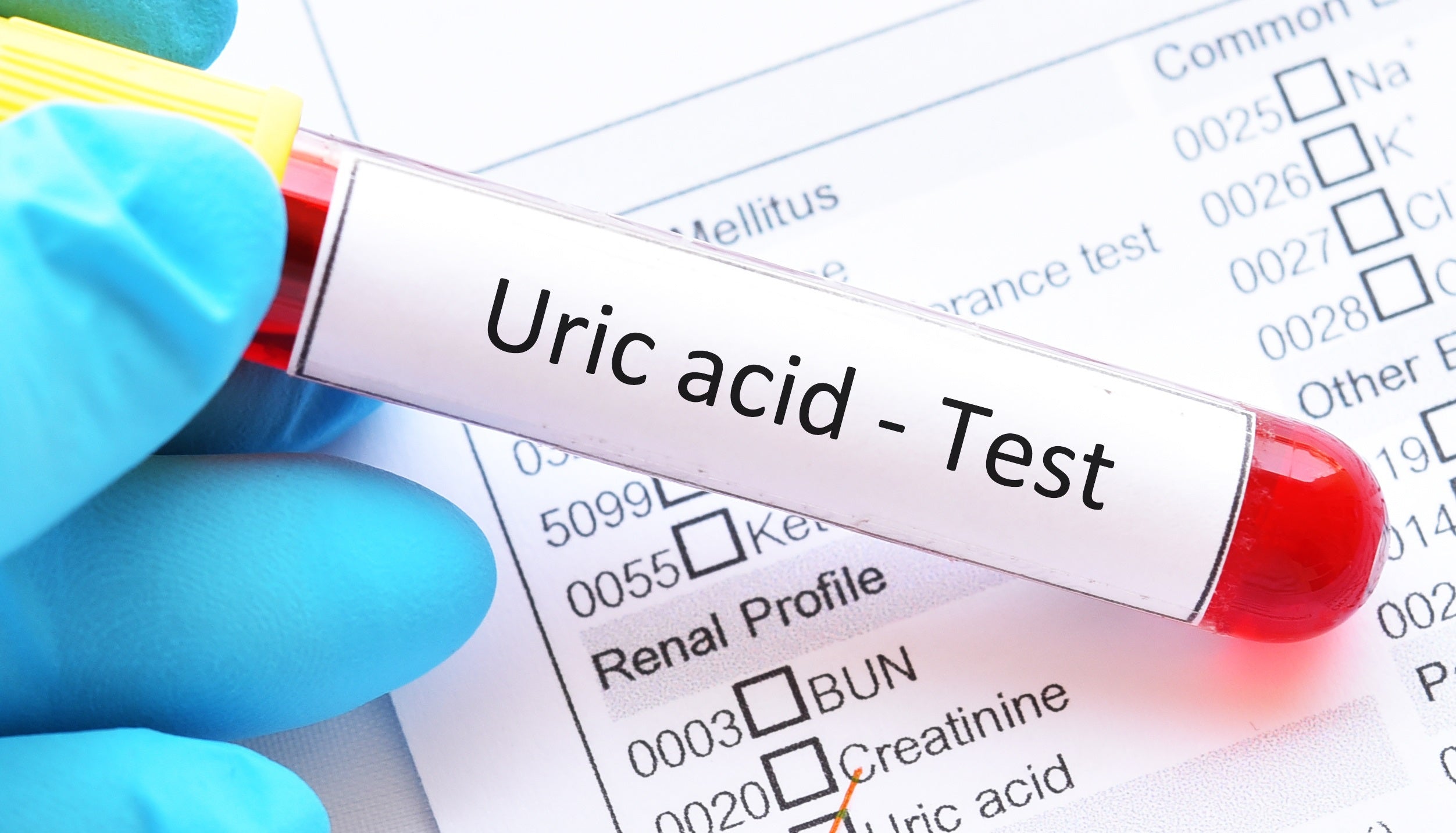



Leave a comment
All comments are moderated before being published.
This site is protected by hCaptcha and the hCaptcha Privacy Policy and Terms of Service apply.